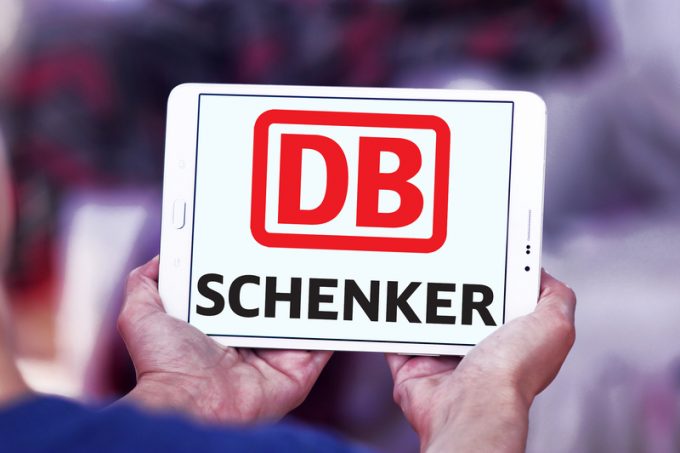Tariff deals – who will pay the costs? Maybe US shippers and consumers
The US-China tariff negotiations will, reportedly, be extended for another 90 days, continuing uncertainty in ...

DB Schenker is shifting its focus in the Americas – but not changing course: the multinational logistics firm is looking to build up its presence in the land transport arena.
“Our core business in the Americas – air, sea and contract logistics – is going nicely; ...

Comment on this article